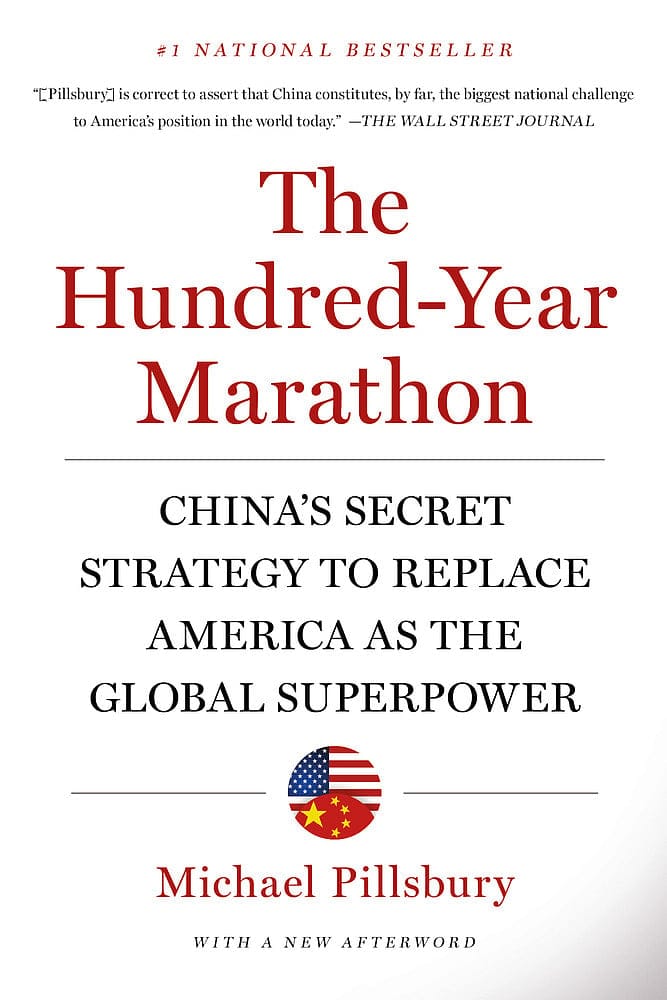While America Slept: China’s Not-So-Long-Term Strategy To Supplant Us – Book Review

The Hundred-Year Marathon: China's Secret Strategy To Replace America As The Global Superpower
By Michael Pillsbury
428 pages
Macmillan
It is hard not to notice how China has changed in the past half dozen years. China has cracked down on the country's 80-plus million Christians, persecuting many, and expelling thousands of foreign-based missionaries living in China. It has unilaterally abrogated the Hong Kong treaty it signed with the United Kingdom in 1984 in multiple ways, disallowing the democratic electoral process enshrined in the treaty and imprisoning Hong Kong citizens for demonstrating and protesting the violation of their rights.

